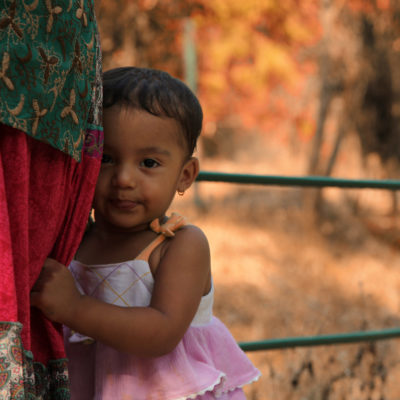 I recently saw a picture of a young child and his prospective international adoptive parents on the front page of a local paper. To my surprise, the picture showed them at their child’s orphanage, listed his name and age, identified his particular special medical needs, as well as stated the particular country they were visiting! Sadly, the article also mentioned his living environment in the orphanage, and it was not a positive description. The article asked for donations for travel expenses and fees for the family related to this adoption.
I recently saw a picture of a young child and his prospective international adoptive parents on the front page of a local paper. To my surprise, the picture showed them at their child’s orphanage, listed his name and age, identified his particular special medical needs, as well as stated the particular country they were visiting! Sadly, the article also mentioned his living environment in the orphanage, and it was not a positive description. The article asked for donations for travel expenses and fees for the family related to this adoption.
The excitement and enthusiasm of adoptive parents is wonderful! I love experiencing this with them on their adoption journey, and I know they want to share their enthusiasm with others. Families who are fundraising for their adoption often desire even more to share the details of their upcoming adoption and express their love for the child with whom they have been matched or have hosted. While this is emotionally understandable, it is not advised.
In the U.S., most state Departments of Children and Family Services have very strict rules for identifying and publicly posting/sharing information of foster children, or wards of the state. As the legal guardians of the foster child, they can demand that confidentiality be respected, and children not be labeled or publicly identified. Foster children’s pictures can never be used by an agency or individual for fundraising purposes, unless specific permission is given by the state. Likewise, the Central Authority of a foreign government has the same legal authority over their orphans. They don’t want children pictured, identified by name or orphanage, or to have their personal history publicized to others. Their job is to protect the children under their care, and violation of this privacy is strictly prohibited.
There can also be repercussions to your specific adoption, or even to all adoptions from that country in the future, if violations of this confidentiality occur. Believe it or not, some countries monitor the Social Media accounts of their adoptive families. Some have expressed disappointment about parents’ excessive online activities as related to their adoptions. Our staff have received comments in the past that such actions, if continued, can jeopardize not only that family’s adoption, but all adoptions from American parents. Some countries will directly contact the families and demand that they remove pictures, videos and posts, even on fundraising sites such as GoFundMe. Intercountry adoption is a sensitive area in many countries, and parents should be aware that it is always possible that a Central Authority could see their online activity, television interviews, and print media articles. Additionally, when there is excessive social media publicity around an adoptive family’s fundraising efforts, the Central Authority could interpret this as a concern about the family’s ability to financially support their child. This is typically not the case, but it has been mentioned. Finally, as an international adoptive parent, you have likely signed a confidentiality agreement with your adoption agency, hosting agency, and/or country of your child’s origin, so you will need to be sure you are not in violation of any part of those agreements.
You can discuss your excitement about adopting and you can fundraise; just adhere to the confidentiality constraints and most importantly, respect your prospective child’s right to privacy. It is really up to him or her to decide if they want their story told to others. You can discuss the region of the world you have identified for your adoption, such as Eastern Europe or Africa; don’t specify the particular country. You can indicate the child’s gender and even age range, by stating this as teenager or infant. You can say you want to adopt a child with special needs, but don’t specifically list what these are. If you feel you need a picture to promote your family’s desire for the adoption or to fundraise, choose a picture of your own family, one of your waiting child’s empty bedroom, or even one of a friend’s adopted child, with their permission of course. Please do not show a picture of your matched or hosted child, however. You can share statistics about adoption, note why the need for orphan adoptions is so great, or even discuss your own personal feelings about what it means to make a difference in the life of a child. There are many ways of achieving your goals without using your identified child’s personal information.
Your enthusiasm for international adoption is what fuels others to care about the plight of orphans worldwide and it is also what will successfully enable your child to come home. Keep sharing. Continue to be excited. Seek your goals. Just be ready to defend and protect your child’s personal privacy and identity.
Photo Credit: Vinoth Chandar
